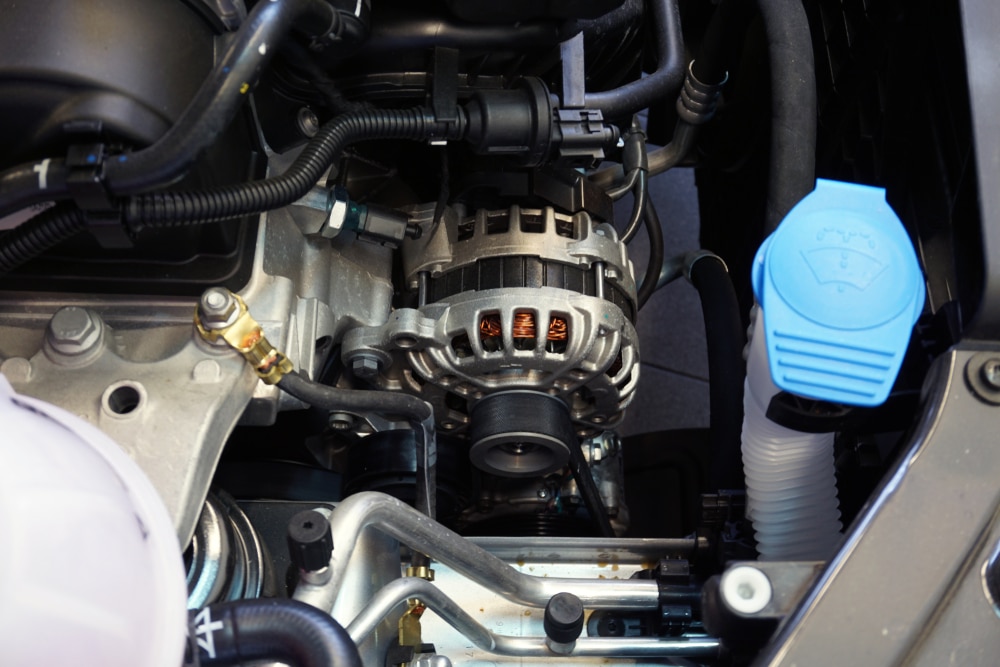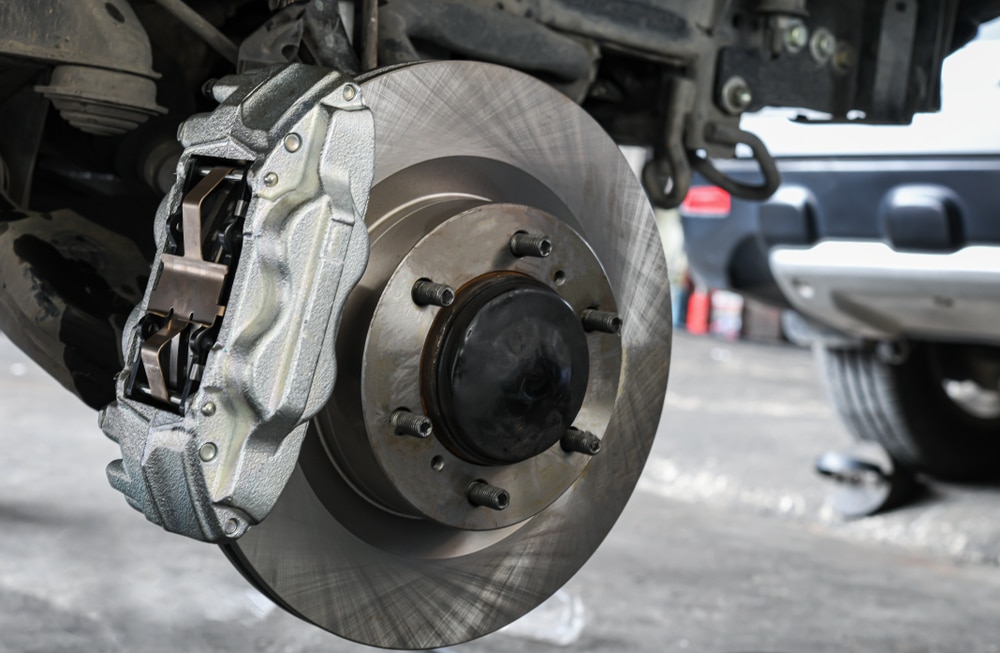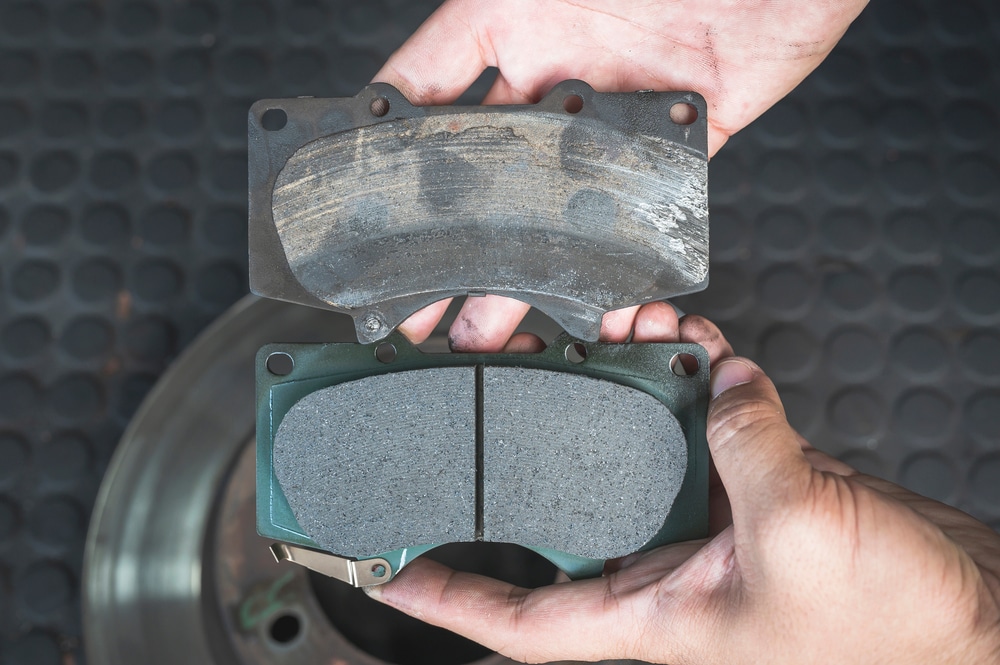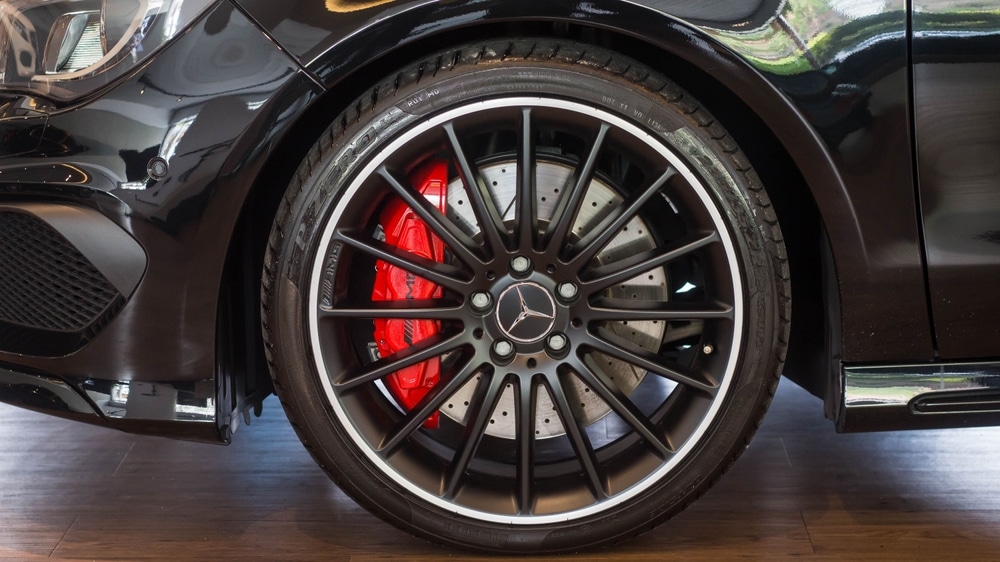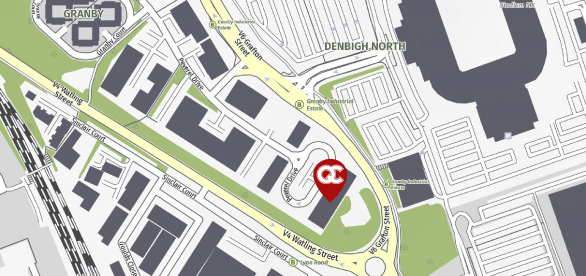Volkswagen Alternator
The alternator is an essential part of your Volkswagen’s electrical system. It plays an important role in vehicle operation by generating electrical power while the engine runs and maintaining the battery’s charge. If your VW’s alternator fails, the car’s battery will not be charged, resulting in failure.
Due to the fact that your alternator runs using the engine’s power through belts and pulley systems, there are a number of ways it could malfunction. Performing regular inspections and maintenance on your alternator will prevent malfunctions and costly repairs in the future.
In this blog post, our Quality Car Service VW specialists share with you their expertise on Volkswagen alternators, revealing how they work, what to look for when a VW alternator fails, and how to check it’s in good shape.
Read on how to keep your VW alternator running like new for a long time!

The Workings of a Volkswagen Alternator
In simple terms, the alternator works by serving as a power generator and battery charger. The alternator delivers continuous electrical power to the vehicle and maintains the battery’s charge.
Here’s how it works:
Power Generation: With the engine running, the alternator, which is driven by a belt connected to the crankshaft, rotates. During its rotation, the alternator generates electricity.
AC to DC Conversion: Alternators produce alternating current (AC), but your vehicle’s electrical system and battery use direct current (DC). For this electricity to be compatible with your car, the alternator contains a rectifier, which converts AC to DC.
Charging Your Battery: Battery charging is one of the primary functions of the alternator. A constant flow of electricity ensures that the battery remains charged and ready to start the car and power various electrical components.
Powering the Electrical Components: When the engine is running, the alternator also supplies electrical power to the vehicle’s electrical system and accessories. Among these are lights, air conditioning, radio, power windows and more.
What Are the Signs That My Volkswagen’s Alternator Is Failing?
Symptoms of a failing alternator include difficulty starting your Volkswagen engine, electrical system failures, dim lighting and low battery voltage.
The following signs should be looked out for:
Frequently Having to Jump-Start Your Battery
If you need to jump-start your Volkswagen’s battery often, your alternator might need to be replaced. Using an old alternator will not charge the battery properly.
Having Trouble Starting Your VW
If your Volkswagen has trouble starting and sometimes stops running, the alternator may be faulty. An alternator that isn’t able to provide enough electricity may cause your car to stall.
Dashboard Lights Appear Dim
An alternator that is failing could cause your dashboard lights to appear dim. However, don’t assume it’s the alternator right away. Having your car checked by Quality Car Service is a better idea.
Electrical Accessories Are Slow
When the features of your car that use electricity, such as electric windows, start moving slowly, you might need to change your alternator. In order for them to function properly, they need enough power. Without that, they might not work as fast as they should.
You should have your alternator checked by a certified Volkswagen garage, like Quality Car Service, as soon as possible if you notice any of these signs. A failing alternator can leave you with a flat battery, as well as damage other electrical components in your car, so it is important to get it repaired as soon as possible.
A Visual Inspection of Your VW Alternator
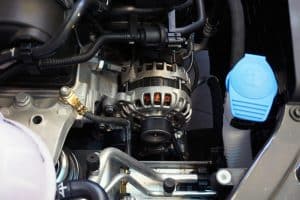
If your alternator requires replacement, you may be able to tell its condition by visual inspection. Ensure that you do not touch any electrical components on the alternator. Alternators produce high voltage, which can cause serious injury or death. Any electrical work on the alternator must be performed after the battery is disconnected. In this way, the alternator won’t generate any voltage, preventing electric shocks.
For this reason, we recommend letting an expert technician handle any alternator issues.
You can visually inspect your Volkswagen alternator by following these steps:
- Make sure your car is parked on a level surface and that the engine is off.
- Open the bonnet of your car.
- Find the alternator. Usually, it is located near the radiator at the front of the engine.
- Check the alternator belt for signs of wear or damage. It should be tight and free of cracks and tears.
- Check the alternator for leaks or damage. Ensure that the alternator is clean and free of grease and oil.
It is a good idea to have your alternator checked by a reputable mechanic, such as the team here at Quality Car Service, if you notice any of these problems:
- Alternator belts that are loose or damaged
- An alternator that leaks or is damaged
- Squealing or humming noises coming from the alternator
Whether you need a new alternator or a repair, we have an expert VW team at Quality Car Service that will get the job done safely and efficiently.
Battery Health Check for Your VW
Whenever you are investigating an alternator issue, you should always check the battery health:
Voltage Check
- You can check the voltage of your battery using a multimeter. Before testing, turn off all accessories.
- The positive (red) side should be connected to the positive terminal and the negative (black) side to the negative terminal.
- The voltage of a healthy battery should be between 12.4V and 12.7V. If it’s slightly lower, like 12.3V, it may be 75% charged.
Headlight Test
- You need to turn on your headlights. Low batteries can be indicated by dimming lights.
- It is possible that your alternator is faulty if the headlights become brighter when you press the accelerator. When you rev the engine, they should remain bright.
Battery Health Indicator
- There are built-in battery health indicators in some Volkswagen cars. They are located in the menus of the central or dashboard screen and tell you the battery’s status.
Physical Inspection
- Use a torch to inspect for corrosion. You should then get professional help from our expert team at Quality Car Service if you smell sulphur or see bubbles or dried liquid.
For battery or alternator problems, contact Quality Car Service. Our team will perform a thorough inspection to ensure everything is running smoothly.
With Quality Car Service, You’re in Good Hands
If you’re experiencing problems with your Volkswagen’s alternator, such as dim headlights, trouble starting or stalling, contact Quality Car Service today.
In addition, inspecting and repairing or replacing the alternator requires special tools and highly skilled expertise due to the high voltage and complex design of this component. At Quality Car Service, we have the experience, knowledge and equipment to service all Volkswagen models.
Our Volkswagen specialists can detect hidden alternator problems that might go unnoticed during DIY alternator checks. The importance of professional care cannot be overstated.
Schedule an alternator inspection today at Quality Car Service if you suspect an issue. We are here to help.
